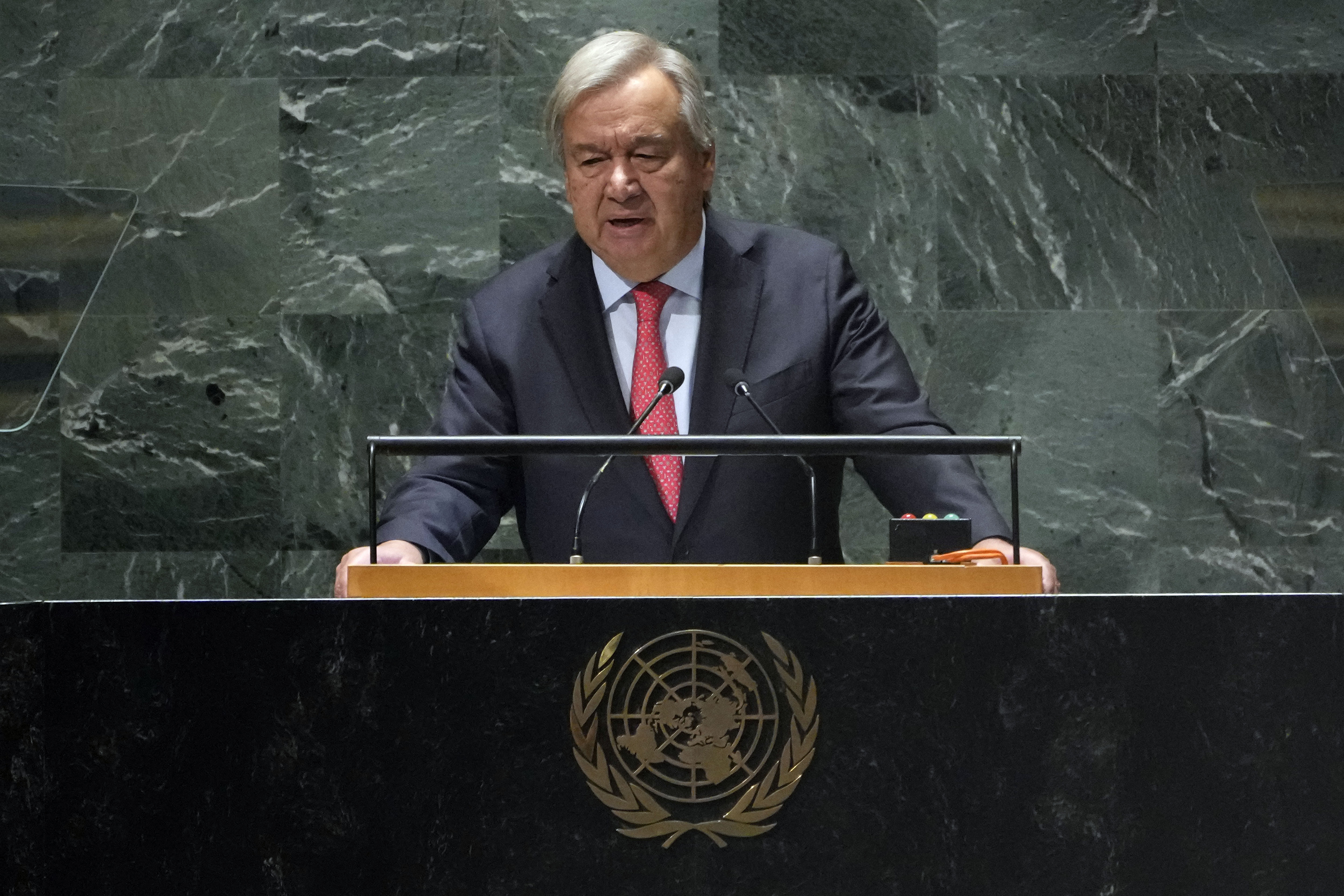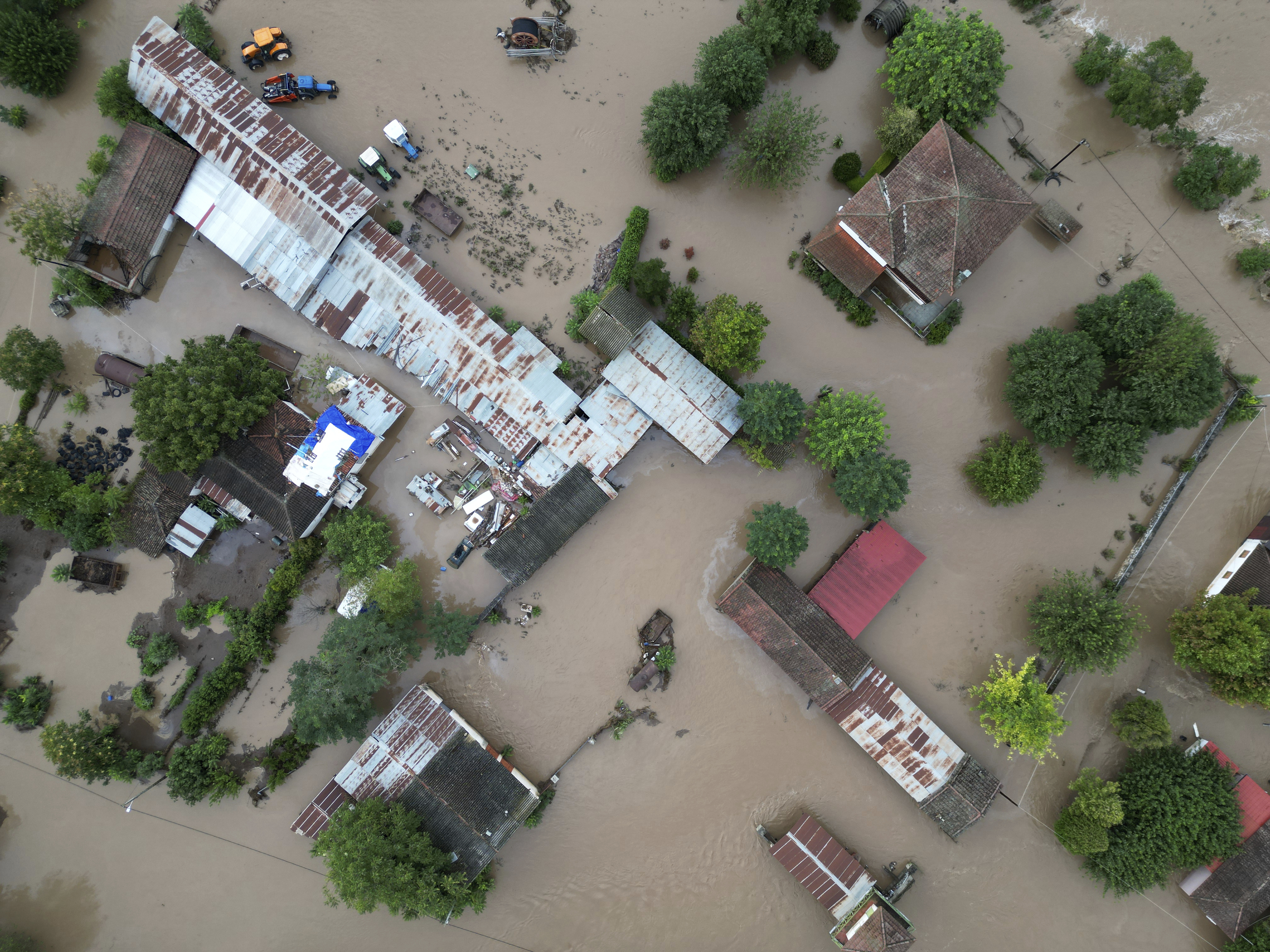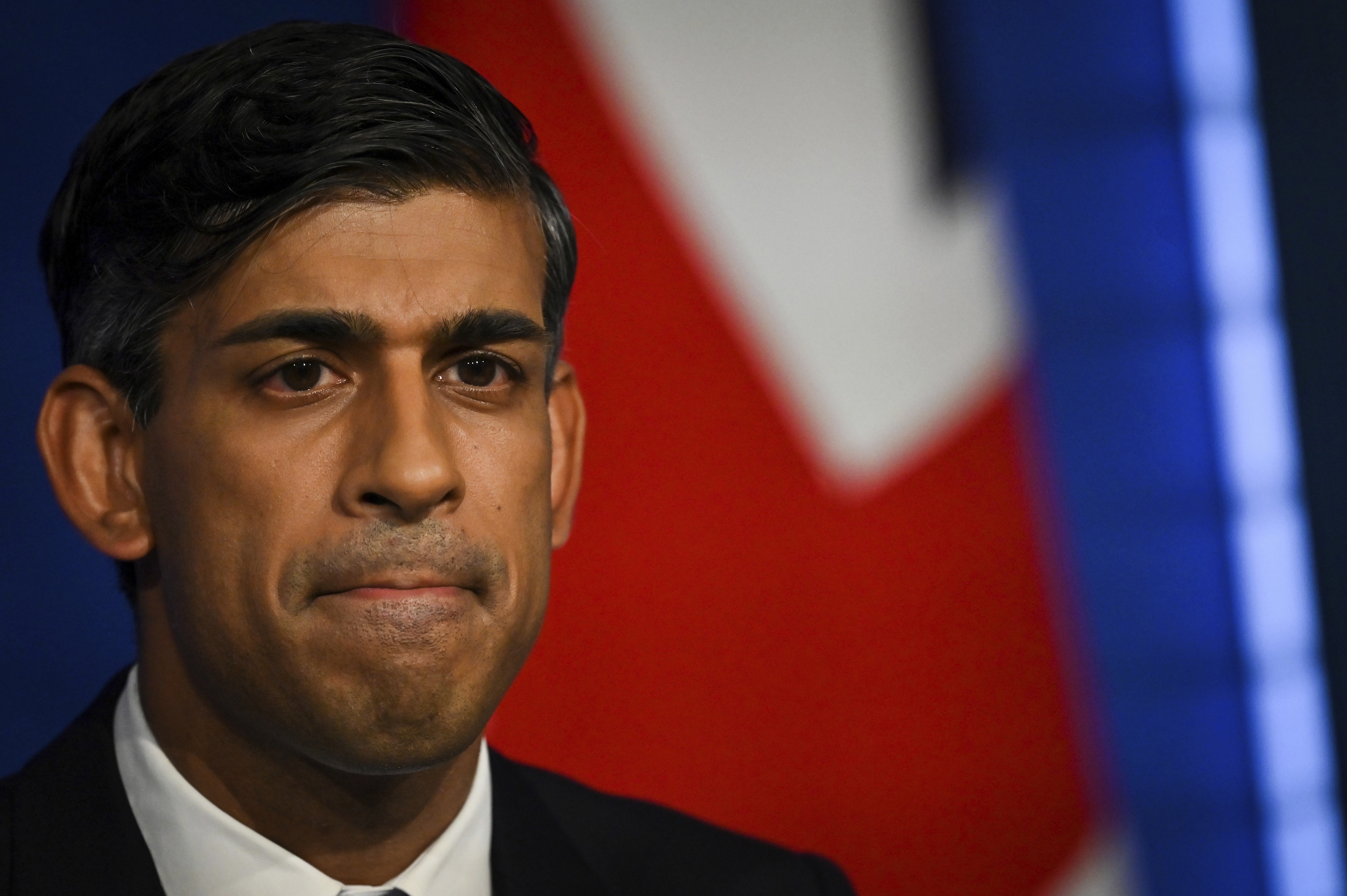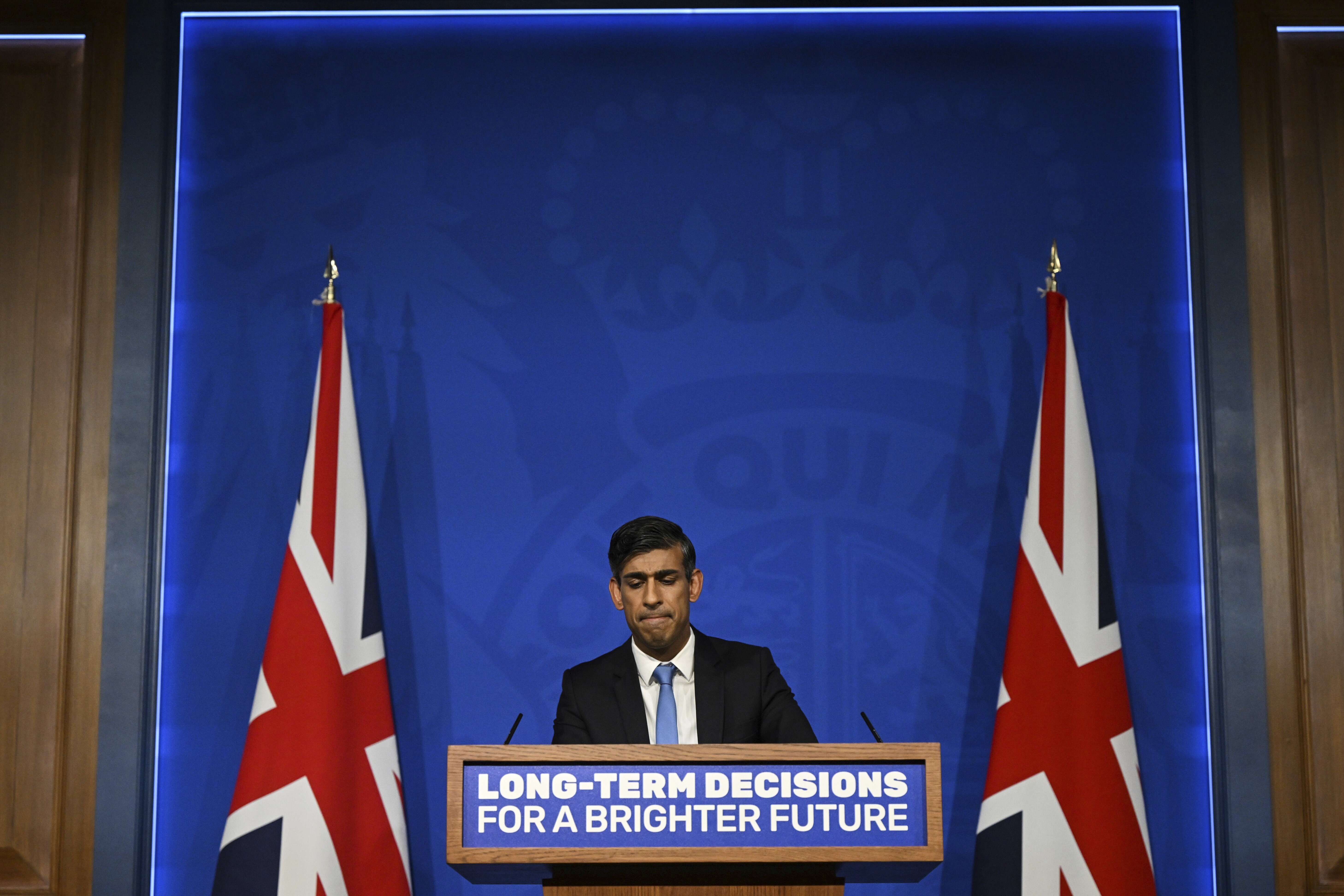United Nations Secretary-General António Guterres has issued a stark warning as he gathered world leaders for a high-level summit on the climate crisis: "Humanity has opened the gates to hell."
The Climate Ambition Summit – which comes as the the world grapples with devastating floods and fires – is intended to build global momentum toward slashing planet-heating pollution ahead of the UN's COP28 climate summit in Dubai in December.
"Horrendous heat is having horrendous effects. Distraught farmers watching crops carried away by floods. Sweltering temperatures spawning disease," Guterres said in a speech to open the one-day conference, happening alongside the UN General Assembly in New York.
READ MORE: 'Terrifying': Mum's car stolen with baby inside
"Climate action is dwarfed by the scale of the challenge," he added, warning that if nothing changes we are heading "towards a dangerous and unstable world."
Wednesday's summit is unusual due to Guterres' decision to restrict the speaker list to countries he deemed to have clear and effective climate plans, and those prepared to send a high-level leader to speak.
Of the nearly 200 countries present in New York for the General Assembly, only 34 nations and seven non-governmental bodies secured speaking slots at the UN chief's summit.
The aim of the summit is to increase ambitions on climate action, Guterres said.
Notably absent from the speaker list were some of the world's biggest polluters, including China, India and the United States, though US climate envoy John Kerry is attending.
Australian Foreign Minister Penny Wong and Assistant Climate Change minister Jenny McAllister are attending the summit but neither will be speaking.
READ MORE: Dozens fight 'complicated' service station fire
UK PM slammed for weakening climate change commitments
Also missing from the list was UK prime minister Rishi Sunak, who is facing a backlash at home over plans to weaken the country's climate commitments.
On Wednesday, he announced he was delaying by five years a ban on new gas and diesel cars that had been due to take effect in 2030 and watering down climate goals that he said imposed "unacceptable costs" on ordinary people.
The move angered green groups, opposition politicians and large chunks of UK industry but was welcomed by some in the governing Conservative Party who chafe at the expense of ending reliance on fossil fuels.
READ MORE: Medical conference joins wedding struck by gastro outbreak
At a news conference Sunak said he was moving the deadline for buying new gasoline and diesel cars from 2030 to 2035, and also delaying a ban on new new natural-gas home heating that had been due in 2035.
He said he would keep a promise to reduce the UK's emissions of climate-warming greenhouse gases to net zero by 2050, but with "a more pragmatic, proportionate, and realistic approach".
Sunak said he was tossing out a series of environmental proposals, including new aviation taxes, measures to encourage car-pooling and taxes on meat.
To meet net-zero goals, he said, the government would build more wind farms and nuclear reactors, invest in new green technologies and introduce new measures to protect nature.
Sunak argued the UK was "far ahead of every other country in the world" in transforming to a green economy, but said moving too fast risked "losing the consent of the British people".
'Massive backsliding' in push for net zero
Selwin Hart, a special advisor to the UN Secretary-General on climate action and just transition, said there has been "massive backsliding" on commitments from countries around the world.
"The countries that committed to net-zero by 2050, and to the 1.5-degree goal of the Paris Agreement, they're expanding fossil fuel licensing at a time when science tells us this is totally incompatible with this 1.5-degree goal," he told CNN in a Tuesday interview.
In his Wednesday speech, Guterres called on developed countries to reach net-zero emissions – removing from the atmosphere at least as much planet-warming pollution as they produce – by 2040, at least ten years earlier than most current commitments.
He also asked countries to commit to timelines to phase out fossil fuel emissions, as well as to significantly increase finance to help low- and middle-income countries quickly move to clean energy and invest in climate resilience measures to better cope with increasingly severe extreme weather events.
"We are decades behind," Guterres said.
"We must make up time lost to foot-dragging, arm-twisting and the naked greed of entrenched interests raking in billions from fossil fuels."







